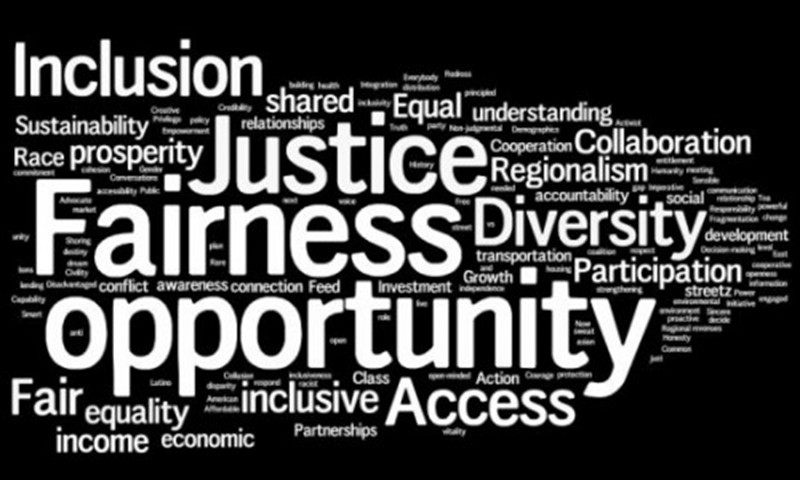The Director-General of the International Labour Organization (ILO), Gilbert F. Houngbo, has called for coherent multilateral action to strengthen the social dimension of sustainable development and economic growth – as envisaged by the ILO’s proposed Global Coalition for Social Justice.
In statements delivered at the World Bank/IMF Spring Meetings in Washington D.C., Houngbo highlighted the need for social justice, to overcome the challenges facing economies and societies across the globe.
“Social justice makes societies and economies function more cohesively and productively by reducing poverty and hunger, inequalities, and social tensions. Given its central importance to inclusive and sustainable socio-economic development, social justice should be seen as one of the cornerstones of the renewed multilateralism that is required to overcome current challenges,” Houngbo said.
The statements, to the IMF’s International Monetary and Financial Committee and the World Bank’s Development Committee , outlined the gloomy global economic, social and environmental outlook, the impact of the cost-of-living crisis, the need for a just transition to greener economies, and called for more international support for achieving universal social protection.
Referencing the findings of the ILO World Employment and Social Outlook: Trends 2023 report, the statements pointed to the global economic slowdown, which is likely to force more workers to accept lower quality, poorly paid jobs. Women and young people are faring “significantly worse” in labour markets, the statements said. The labour participation rate of women is under 48 per cent compared to the male rate of 72 per cent. The unemployment rate of young people is three times that of adults, with more than one in five not in employment, education or training (NEET).
The statements highlighted the gap between wage growth and labour productivity growth, and the need for real wages to increase to catch up with inflation and become aligned with productivity growth.
“Income inequality and poverty will rise if the purchasing power of the lowest paid is not maintained. In addition, a much-needed post pandemic recovery could be put at risk. This could fuel further social unrest across the world and undermine the goal of achieving prosperity and peace for all. There is an urgent need to apply well-designed policy measures to help maintain the purchasing power and living standards of wage workers and their families,” the statements said.
Houngbo called for a revival of development finance, combined with a reshaping of business incentive structures to encourage long-term investments in the real economy.


























